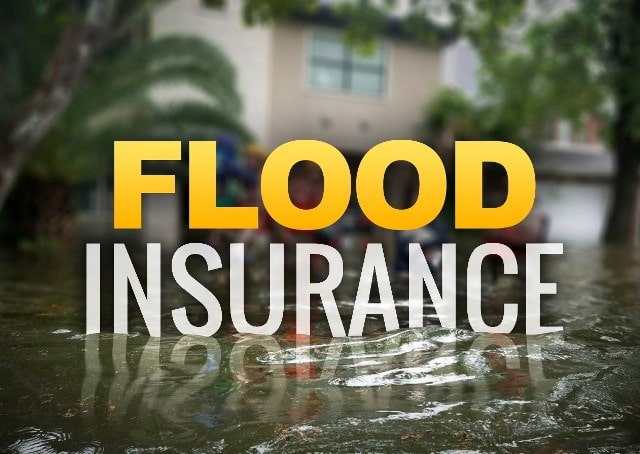
With global sea levels rising and the weather becoming increasingly unpredictable from climate change, getting your home insured has now become more important than before. After all, these factors have notably increased the risks of flash flooding throughout parts of the country’s coastal areas. This will especially concern homeowners in Western Australia, which has been hit by big storms over the past few years. This is why you shouldn’t be content with simply finding reliable Perth insurance brokers, for example, or getting any other assessment from a local insurance provider. To help you out, here are three quick and simple tips to get you started on getting the right flood insurance for your home or property.
Count The Cost
Including flood coverage in your home insurance can come at a sizable cost. What’s more, you might also get assessed with a higher premium if your home is in a flood zone. This is why your first step is to determine its financial viability for your insurance policy. However, you shouldn’t totally discount the idea of getting insurance just because it is expensive. After all, leaving your property uninsured could lead to greater financial ruin when the unthinkable happens. Instead, try to talk to your insurance agent to discuss ways to keep the costs down. Just make sure you are still getting sufficient protection despite any discounts that they may be amenable to, which brings us to our next point.
Analyze The Coverage Closely
The factors affecting your home’s susceptibility to flooding don’t just affect the cost of your insurance. They could also affect what your final policy ends up covering. After all, your insurer will likely put in a few provisos to give them enough confidence to keep premiums at a profitable rate. And if you’ve negotiated for a lower price, this could mean some concessions were made in their favor that could dull the protective power of your insurance. For example, your final policy could cover you against flooding from extreme rainfall, but not from a tsunami—which could be an important distinction for coastal areas. As a result, be sure to clarify as much as you can with your insurance broker to guarantee that your final policy ends up being fair. You don’t want to end up getting surprised that the specific nature of your home’s damage disqualifies you from insurance claims.
Always Keep Your Insurance In Order
The last thing you need is to get caught without the proper insurance coverage during severe weather conditions or any similar unforeseeable disaster. And with the climate becoming more and more unpredictable, it’s wise to stay one step ahead and always have your insurance in order. If you already have an old existing policy, try to see if it properly covers property damage from flooding. And if you feel that existing provisions aren’t enough, contact your agent immediately and try to work towards possible changes to your existing agreement. This way, you can protect yourself from the possibility of having to deal with expensive damages to your real estate property.

With the effects of climate change starting to ramp up worldwide, we can no longer totally rely on past weather patterns to predict what might happen next to your real estate. And even though getting any type of insurance can sometimes feel more complicated than it should be, don’t be discouraged. Nothing should stop you from getting your property the proper insurance it needs. Luckily, all you need is to do the math, read the fine print, and make sure you have the proper protections in place for your house or real estate property.
